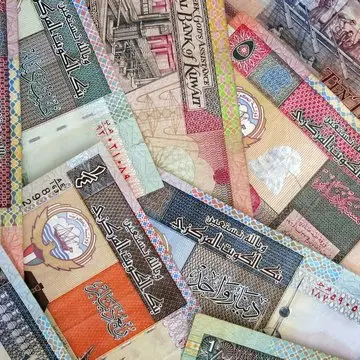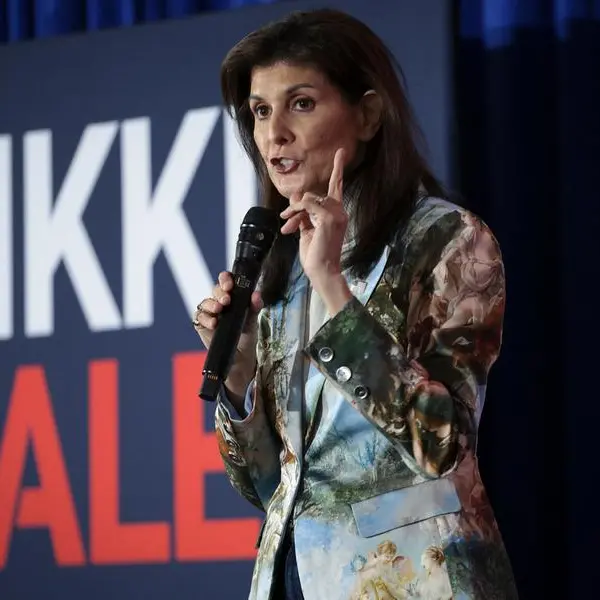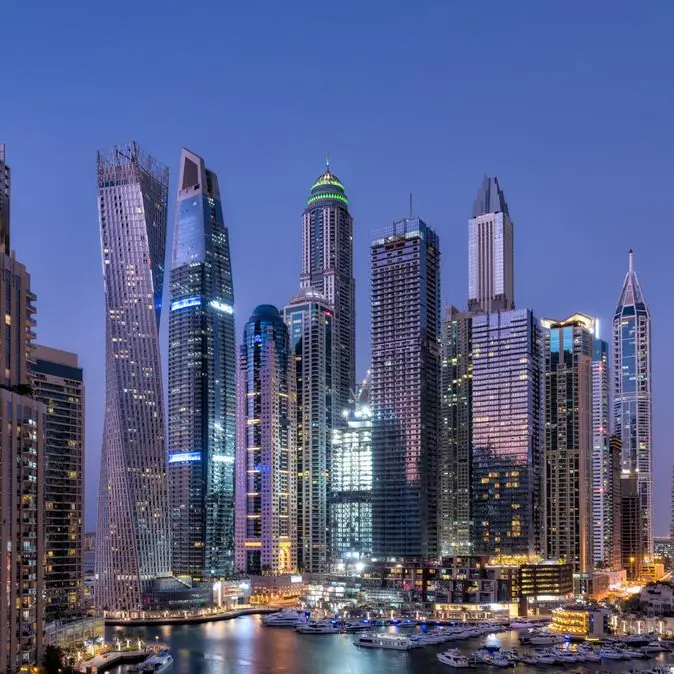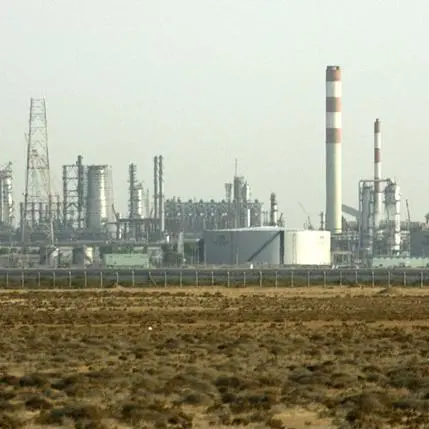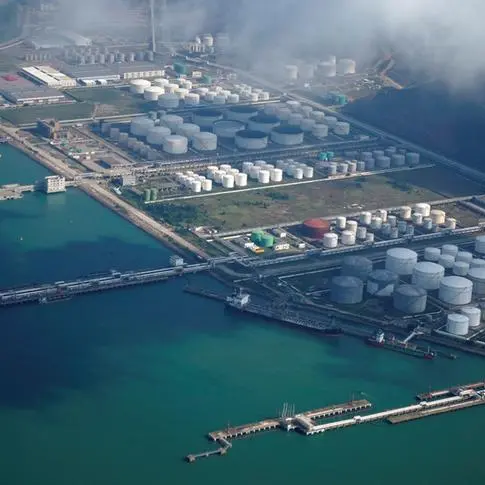PHOTO
With Dubai and Abu Dhabi being consistently rated among the top 10 global cities to relocate to and among the most multi-cultural, and safe, cities in the world, it is no wonder the UAE is expecting significant population growth over the coming decade. With this forecast growth will also come the need for more social infrastructure and, amongst those, more schools and universities.
Since the UAE was first established in 1971, education has been a cornerstone of building a community that is capable of keeping pace with the necessary changes to the economy. Graduation rates have risen and high-quality education has consistently been placed at the pinnacle of the country’s targets to deliver the future vision for the country.
While investing in human capital has been a main objective, the UAE has also worked to create an environment that supports the construction of pioneering Emirati schools, ensuring that standards, form and content are delivering on a regular basis.
There are now well over 200 international schools across the UAE with renowned operators such as GEMS, Taaleem and Innoventures, amongst others, offering multi-curricular courses, but also internationally acclaimed names such as Durham School, Nord Anglia and Lycée Francais - to name just a few - that have brought their foreign expertise to the UAE.
Owing to predicted population growth, there is an estimated requirement for an additional 40 schools across the UAE over the next few years, with Dubai and Abu Dhabi earmarked to take the lion’s share. We believe that the next step for the UAE to become an undisputed leading educational centre in the world will be to continue attracting the best universities to open a campus in the UAE. There have already been some resounding successes, with the likes of NYU, La Sorbonne and INSEAD cementing their presence in the UAE.
Regional hub
With the right focus, we believe that the UAE could become the regional hub for university level education – attracting more students from the GCC, the Indian sub-continent and Africa, provided it can attract other internationally acclaimed universities from the US, Canada, Europe and the Asia-Pacific Region.
As the UAE population expands, there is a need for additional assets to be expedited and investors will be required to support their development. Partnerships will be critical to ensuring that young people in this country have access to the best education in the world.
The private sector is already developing these areas and the announcement earlier in the year from Sheikh Mohammed bin Rashid on the development of Ajyal Schools, or Generation Schools, was another step forward as private school groups such as Taaleem, Aldar Education and Bloom Education agreed to take up their management.
In the last three years, over 20 private schools have opened and, with the Dubai population expected to swell to 6m people in the short-term, this means more educational assets will be needed sooner rather than later.
Recurring challenge
As many parents are finding, the ability to secure school places in quality UAE education facilities is a recurring challenge. The UAE remains a developing market but there are still many leading education providers looking at this region and major brands ready to set up a regional base here. The thirst for education is unsatiated and those calls for greater investment in the sector need to be recognised and planned for, if we are to continue to welcome the greatest thinkers and education providers to the Middle East.
It’s going to get increasingly competitive with other GCC nations also looking to bring leading brands to their shores. Saudi Arabia is already making headway in this regard, attracting some of those very same targets to the Kingdom.
Investment and planning will allow for investors to take a long-term view of these assets and ensure that administrators can open them on time, while ensuring the UAE’s educational capacity is appropriate to the needs of the nation.
The next few years will be critical in securing the UAE’s ability to educate its future generations. Investment is already consistent in core areas of the economy such as energy and transport and we can think of no greater asset to invest in than the schools of the future.


